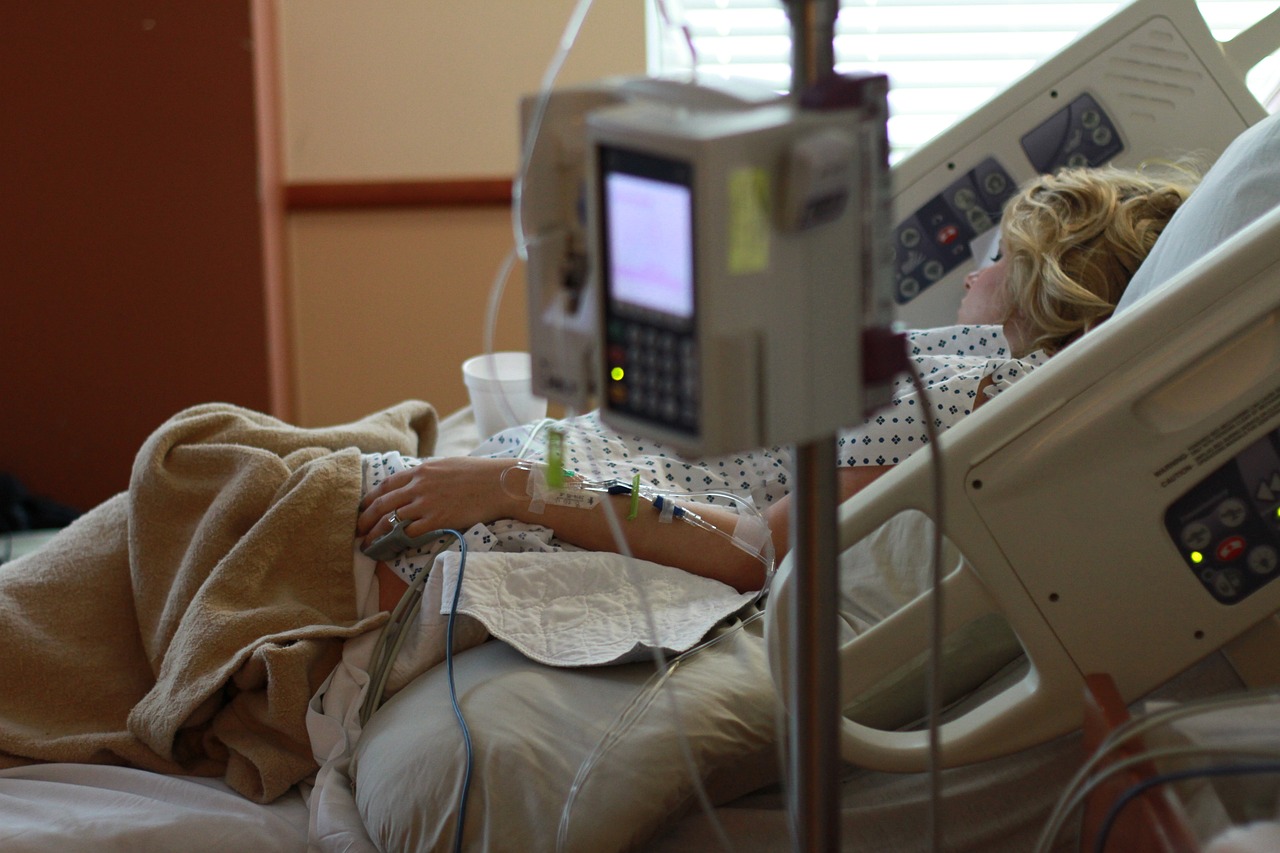



Original from: genomeweb
By studying cell-free DNA methylation (cfDNAme) patterns among pregnant women, researchers in Belgium have developed a liquid biopsy screening test to identify women at risk of early-onset preeclampsia (PE).
The noninvasive assay can detect women at risk in the first trimester when they can benefit from low-dose aspirin, a prophylactic treatment that can reduce the incidence of preterm PE by 62 percent and early-onset PE by 82 percent, the scientists wrote.
While early-onset PE shares the same symptoms with late-onset PE, the former is associated with an eightfold higher risk of severe morbidity and fetal mortality, they added.
In a study published in Nature Medicine on Monday, the researchers, led by corresponding author Bernard Thienpont at the University of Leuven, profiled the methylome of cell-free DNA from the blood of 498 pregnant women in early pregnancy, about one-third of whom developed preeclampsia.
In the first part of their analysis, they collected cfDNA from 64 PE patients at the time of diagnosis and 28 gestation-matched controls and noted several differences in cfDNAme patterns. Most cfDNA methylation changes in women who developed PE came from the placenta rather than blood cells or organs, they pointed out. Specifically, they derived from chorionic villi, tiny projections of placental tissue, and from trophoblasts, which provided the strongest signal. They additionally noted that most of the cfDNAme changes were near genes encoding proteins implicated in development and placentation.
Next, they wanted to check if these changes could be seen in women before they were diagnosed with PE. For this, they collected cfDNA samples from 199 women who underwent noninvasive prenatal screening (NIPS) for common aneuploidies, including 75 who later developed early-onset PE. Samples were collected mainly in the first trimester, ranging from nine to 14 weeks of gestation. The analysis of methylation patterns found a signal of PE at around 12 weeks of pregnancy before symptoms showed up.
They finally validated their model in 197 pregnant women, where they showed that their method, in combination with clinical and demographic risk factors already used in the clinic, generated a risk score that correctly predicted 72 percent of patients with early-onset preeclampsia.
The new screening method could be beneficial, mainly because currently available ultrasound-based methods in this time window are either insensitive or subject to operator bias, the authors wrote, with sensitivity being dependent on skilled sonographers. They acknowledged that the new screening test has a moderate specificity but works well to identify women who can benefit from prevention, noting that future research and prospective studies are needed to validate the clinical utility of the approach further.
In an accompanying commentary, Tu¡¯uhevaha Kaitu¡¯u-Lino, a researcher at the University of Melbourne, and colleagues wrote that "the technology may provide a noninvasive means to profile the placental methylome in vivo to glean insights into placental biology."
Though the new screening test falls short compared to an existing one from the Fetal Medicine Foundation that relies on a blood test, ultrasound, blood pressure measurement, and clinical history, it may be worth it given that the cfDNAme test is simpler to apply, requiring only the blood test and clinical information. "Of course, this assumes that the technology to analyze cfDNAme can be economically rolled out across pathology laboratories," they added.
Source: DNA Methylation Liquid Biopsy Promises to Detect Pregnant Women at Risk of Early-Onset Preeclampsia